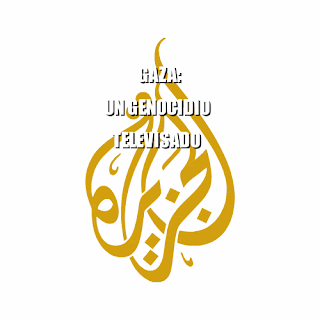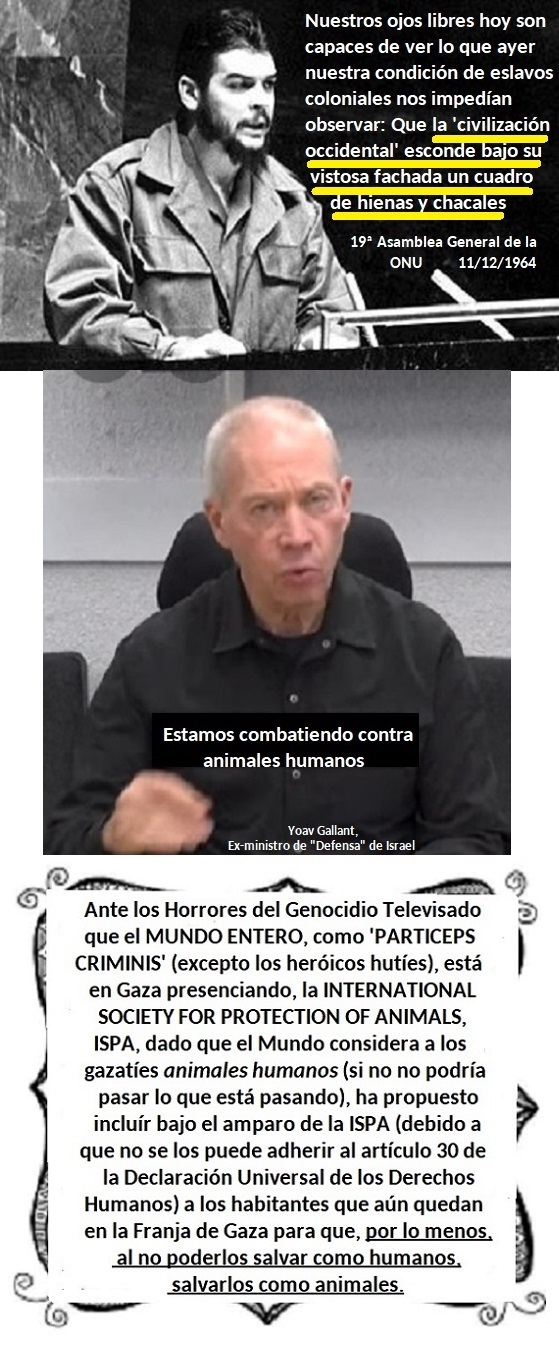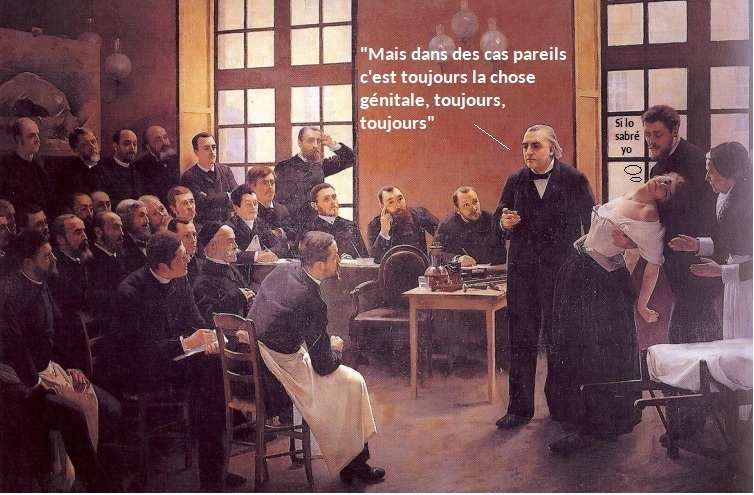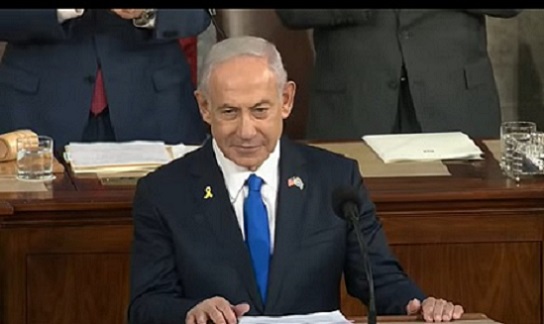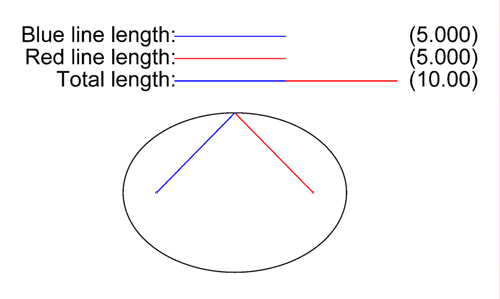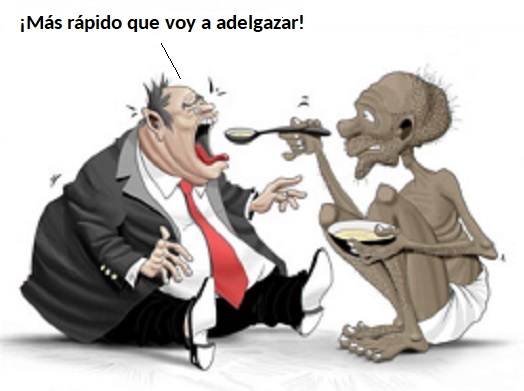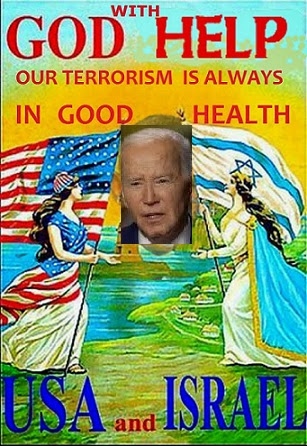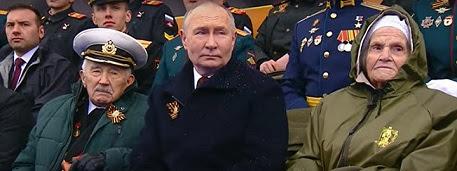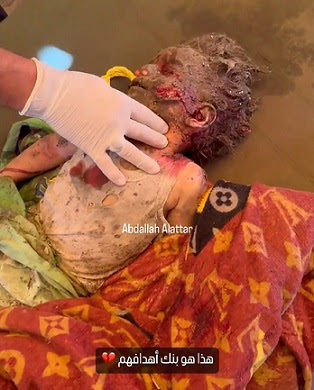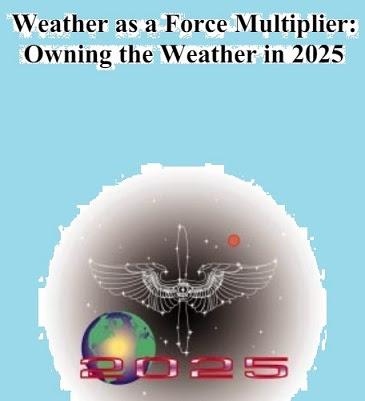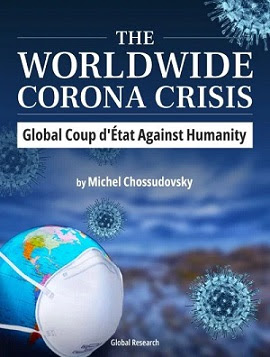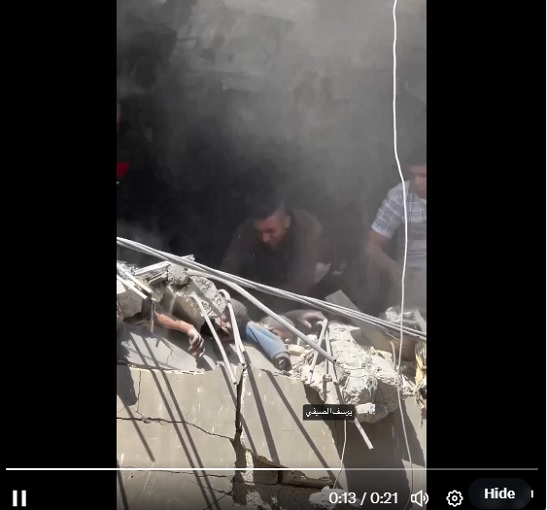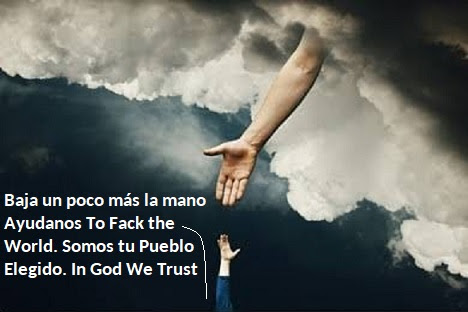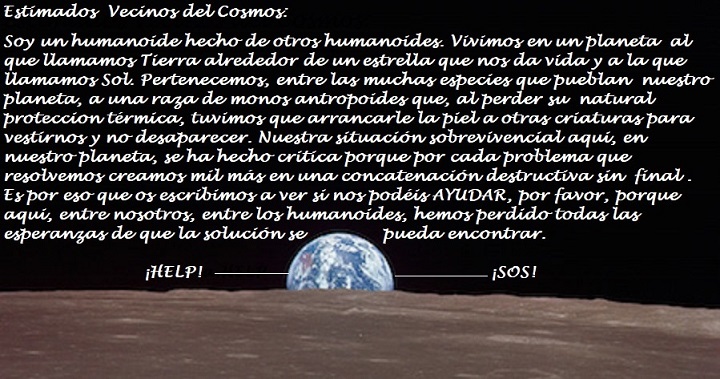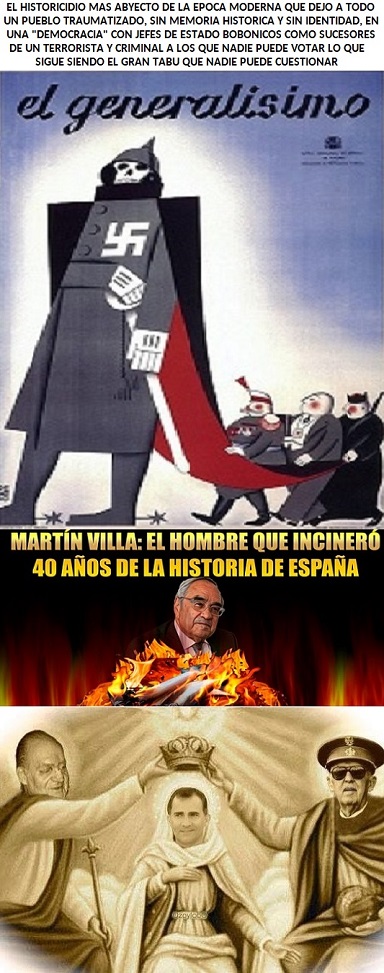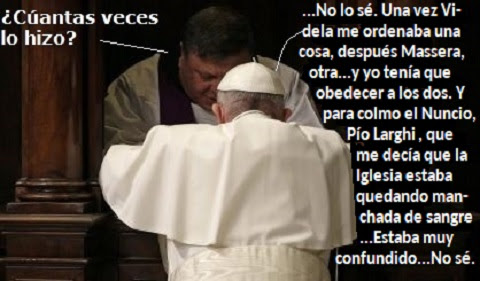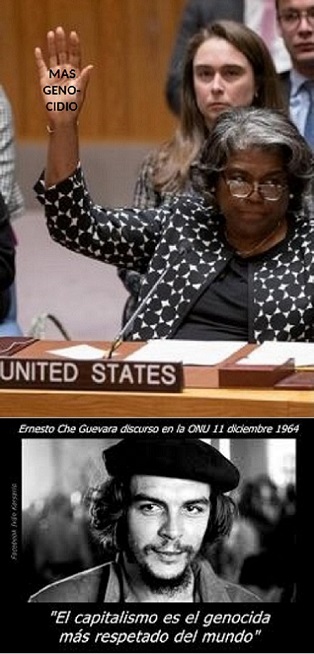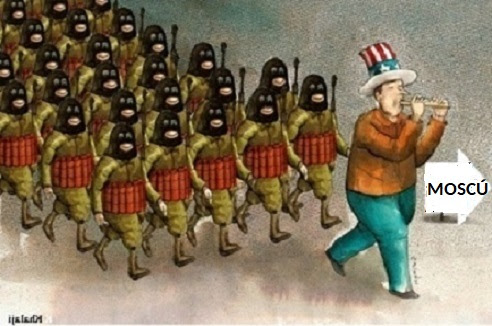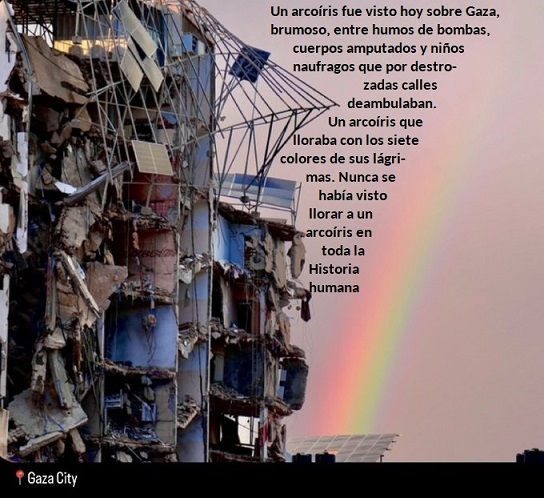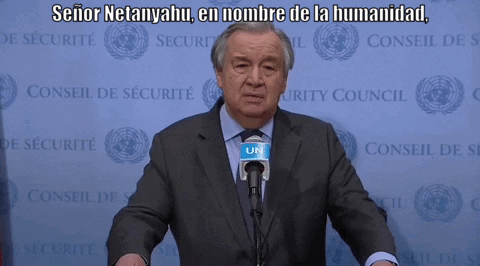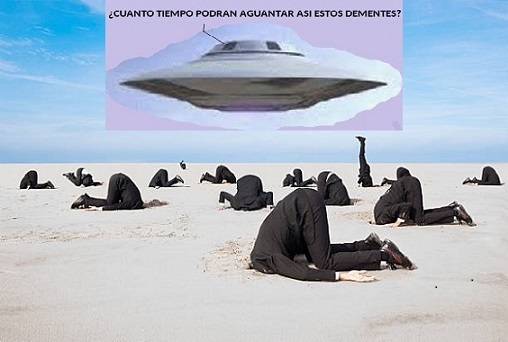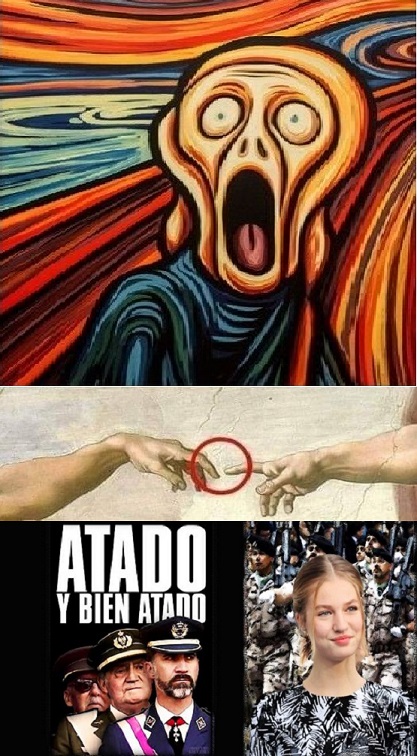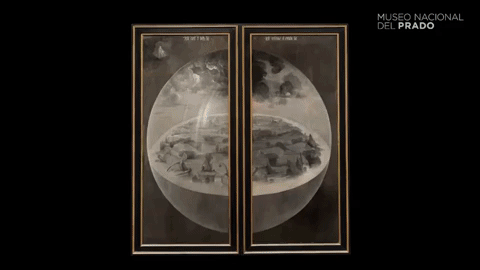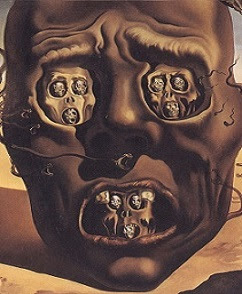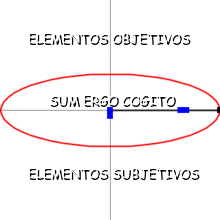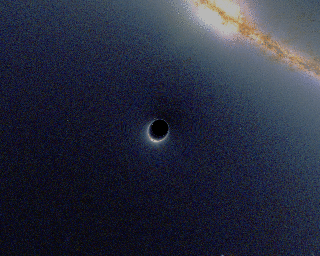NATO Meeting in Brussels Heightens Danger of War with Russia
By Johannes SternNATO defense ministers are meeting in Brussels today to consolidate the military alliance against Russia, increasing the risk of a direct military confrontation between nuclear-armed powers.
NATO sources have revealed plans to establish a long-term presence in Eastern Europe, according to a report in the Frankfurter Allgemeine Sonntagszeitung (FAS).
So-called NATO “Force Integration Units” will be established in Estonia, Latvia, Lithuania, Poland, Romania and Bulgaria. There are also plans to deploy such a unit in Hungary at a later time.
The units will consist of 40 soldiers each. They will be tasked with preparing exercises for a new NATO rapid response force and coordinating military activities in emergencies.
Germany, which is spearheading the operation this year, intends to deploy a total of 25 soldiers within the units.
The ground troops of the rapid response force are to consist of a brigade of some 5,000 soldiers. The goal is for their most flexible units to have the capability to move to a new location within 48 hours.
The entire brigade will be trained and equipped to be able to move to a new location within a week. The leadership of the operation will rotate yearly between NATO member countries.
According to the FAS, NATO defense ministers have already decided on the equipment to be provided during the “test phase,” which is to last until the beginning of next year.
Starting in April, a company of German paratroopers will supplement American units that have been stationed in the Baltic States and Poland since last year.
Two weeks ago, the FAS revealed that NATO defense ministers will convene the Nuclear Planning Group (NPG) at the beginning of today’s meeting to discuss “the nuclear threat scenario from Russia in the past few months.”
Unlike previous years, according to the FAS, this will not merely be a routine meeting. An analysis of threat scenarios worked out at NATO headquarters will be presented to the defense ministers.
Afterwards, the ministers “will for the first time discuss the consequences for the nuclear strategy of the alliance.”
A separate consultation session is planned with France, which is not a member of the NPG.
NATO’s nuclear simulations underscore the fact that the imperialist powers are ready to risk nuclear war in order to force Russia to its knees
In the past week, a number of prominent figures, including former Soviet head of state Mikhail Gorbachev, have warned of the danger of a Third World War if NATO, led by the United States, continues to take aggressive measures against Russia.
Under conditions of escalating fighting between troops of the Western-backed Kiev regime and pro-Russian separatists in eastern Ukraine, Gorbachev warned of a “hot war” that “could well inevitably turn into an atomic war.”
On Sunday, the Süddeutsche Zeitung quoted the Russian military expert Yevgeny Buchinsky, who warned that, in response to an offensive against the Donbass by Kiev:
“Russia will have to intervene, and then, bluntly speaking, to take Kiev. Then NATO would be in a difficult situation. Then you would have to start World War III, which no one wants.”
In spite of such warnings, the imperialist powers and their proxies in Kiev are escalating the conflict.
On Monday, the New York Times revealed that the Obama administration is considering sending advanced weapons to Kiev. The newspaper listed high-ranking current and former administration officials and military officers who are pushing for such a move.
The Times report triggered opposition among sections of the European elite. The Süddeutsche Zeitung wrote that a decision by Washington to arm the Kiev regime with offensive weapons would be taken by Russia as the equivalent of a declaration of war.
Russian officials and German Chancellor Angela Merkel spoke against any such move during a visit to Hungary.
Washington intends to use today’s NATO meeting to bring the member states into line behind its provocative and reckless course.
At the beginning of the week, Alexander Vershbow, a former US ambassador to Russia and currently the deputy secretary general of NATO, referred to “Russian aggression” in Ukraine as a “game changer in European security.”
He emphasized the necessity of deploying rapid response troops in Eastern Europe, extending NATO’s reach in the east, and arming the Ukrainian military.
Referring to Ukraine, Georgia and Moldova, all former Soviet republics, he said,
“The more stable they are, the more secure we are. So helping Ukraine, Georgia and Moldova—to strengthen their military forces, reform their institutions and modernize their economies—is not an act of generosity, it is in our fundamental strategic interest.”
He added,
“NATO is doing its part. To help Ukraine to modernize and reform its armed forces, we have launched five trust funds to assist in areas like command and control, logistics, cyber defense and military medicine. We are sending more advisors to Kiev and will be carrying out exercises with Ukraine’s armed forces. And we are helping Moldova and Georgia to strengthen their defense capacity in similar ways, and, in Georgia’s case, to help it prepare for future membership in the Alliance.”
At the end of his speech, Vershbow warned:
“This time around, having chosen our course, we must stick to it. We must stay united, stay firm and increase the costs to Russia of its aggression.”
Meanwhile, voices in favor of arming Ukraine are growing louder. Michael Gahler (Germany’s Christian Democratic Union—CDU), who is the spokesman on security policy for the European People’s Party in the European Union parliament, spoke in favor of sending weapons to Ukraine in an interview on Deutschlandfunk radio.
Wolfgang Ischinger, leader of the Munich Security Conference, which takes place this weekend, has adopted the same line.
On ZDF Television he spoke in favor of the “announcement of possible weapons shipments” to Ukraine. “Sometimes one needs to use pressure to enforce peace,” he declared.
While he cautioned that Germany should not send weapons, he said he could “imagine that other members of the alliance would want to do this.”
Ukrainian President Petro Poroshenko, whose regime was brought to power nearly a year ago by a fascist-led putsch backed by the US and Germany, and has since waged a brutal war against the population of eastern Ukraine, made an appearance yesterday in Kharkiv, which is near the border with Russia and the contested areas. He said that “we will need lethal weapons, and I am sure that foreign weapons will be sent to Ukraine.” He continued: “I don’t have any doubt that the US and other partners will provide help with lethal weapons so that Ukraine will be able to defend itself.”
Poroshenko will take part in the Munich Security Conference along with 20 other heads of state and 60 foreign and defense ministers. He is meeting with US Secretary of State John Kerry in Kiev today.
:::::::::::::::::::::::::::::::::::
Obviamente, no hay que ser un lince estratégico en las tácticas de las agresiones imperialistas ni un experto en geopolítica para, 'ipso facto', darse cuenta de que estamos en unas circunstancias similares a la antesala que tuvo lugar al final de la decada de los treinta cuándo el presidente Roosevelt presionó a sus aliados europeos, especialmente Francia, y congeló los fondos económicos alemanes en Estados Unidos (A) para, al frente de una gran alianza del capitalismo internacional, eliminar a la poderosa Alemania capitalista de Hitler para asi, una vez conquistada Europa, saltar sobre el único obstáculo que le quedaba a la Agenda Imperial yanqui: la Unión Soviética, lo que tendría lugar mas tarde con la victoria de la 'Guerra fria'.
Hoy, si sustituímos a la Alemania de la esvástica que se interponía en el camino imperialista del IV Reich Norteamericano por la Federación Rusa de Putin, que, para colmo, padece "an autistic disorder which affects all of his decisions", nos quedaríamos en un scenario que, en esencia, sólo ha cambiado de obstáculos: ahora el "problema" del "Full Spectrum Dominance" del PNAC es Rusia, la gran extensión territorial y colosal riqueza de Rusia. Sin éste control el "Full Spectgrum" nunca podría ser "Full". Es tautalógico
Y van a por ella.
Y el momentum es grave para la entera Humanidad.
Y para ello dieron el Golpe de Estado en Ucrania.
Para trasladar alli la frontera imperial
y el "epicentro del terremoto" a provocar.
Y para ello montaron el cerco mortal:
S.2277 – Russian Aggression Prevention Act of 2014
En 1976, Michel Foucault propuso invertir la máxima de Clausewitz acerca de que «la guerra es la continuación de la política por otros medios», a una aseveración más controvertida, pero más apegada a la dinámica social: «la política es la continuación de la guerra por otros medios»
Aqui, dónde estamos en éstos momentos, en éste ¿impasse?, ambas proposiciones son válidad porque es un boomerang que vuelve a la mano de quíen lo tira, dependiendo de cada fase en la escalada de agresión.
Pero el peligro, el mortal peligro radica en la demencial desesperación del "Full Specrrum Dominance" del IV Reich norteamericano cuyo frente de guerra está, como en la II Guerra Mundial, en el continente europeo dónde, ante los riesgos de estar en primera linea de fuego, se empiezan a levantar disidencias y dudas en, como vasallos, obedecer incondicionalmente los dictums del imperio que los tienen ocupados militarmente.
de "ir a la guerra contra Rusia
como continuación de la imperialista política"
expansionista implícita ya en el PNAC,
"Project for the New American Century",
de "continuar su política de guerra"
disfranzando a ésta como lo han hecho hasta ahora.
http://www.jewishvirtuallibrary.org/jsource/Holocaust/hitler_declares_war.html































































































































